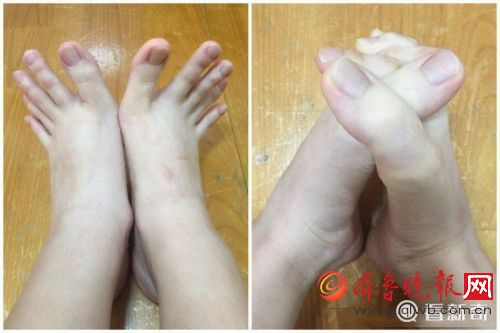

The United States was behind the Philippines, trying to stir up matters in the South China Sea in order to block China and thus improve its regional military and diplomatic presence, experts said.
They made the remark as the tribunal in The Hague issued its ruling on Tuesday in the arbitration case unilaterally initiated by the former Philippine government.
The administration of former Philippine president Benigno Aquino was used as a pawn by the US to aid its Asia-Pacific rebalancing strategy, they said.
Tao Wenzhao, a researcher of US studies at the Chinese Academy of Social Sciences, said the arbitration was not solely the business of the Philippines.
"We can see that Washington, which never ratified the United Nations Convention on the Law of the Sea, encouraged and supported Manila to initiate the arbitration case from the very beginning," Tao said, adding that top lawyers Manila hired were US citizens.
Myron Nordquist, associate director of the Center for Oceans Law and Policy at the University of Virginia School of Law, said: "Now the Filipinos are having such fun making faces at China, hiding behind the US military, thinking they are really doing something wonderful.
"If the US ever became a party to this agreement, we would have opted out, as the Chinese did."
In fact, the US established the precedent of "nonparticipation and nonacceptance" of a ruling by a third party to settle an international dispute in the Nicaragua case of the 1980s.
Recently, seven US warships have been patrolling the South China Sea, including the aircraft carrier Ronald Reagan as well as three destroyers sailing close to Chinese reefs and islands.
Oskar Krejci, director of the Institute of Global Studies at the University of Jan Amos Komensky Prague, said what the US is doing in the region is not acting as someone trying to restore balance would act.
Instead, it acts as a purveyor of "a military presence strategy, and therefore is making an effort to maintain US hegemony in the region", Krejci said.
If the situation in the South China Sea intensifies, the US will have more excuses to increase its military deployment in the Asia-Pacific, an important part of its rebalancing policy, Tao said.
Wang Shaopu, director of the Japan Study Center at Shanghai Jiaotong University, told Xinhua News Agency that Japan has adapted itself to Washington's Asia-Pacific rebalancing strategy to counter China, and its interference in the South China Sea is an example.
Jia Xiudong, a senior research fellow at the China Institute of International Studies, said the impartiality of the ruling itself is questionable since four of the five arbitrators responsible for the case were picked by a Japanese rightist Shunji Yanai, former president of the International Tribunal for the Law of the Sea.
 "Straddling bus" starts production in east China
"Straddling bus" starts production in east China Girl goes viral for finger-long toes
Girl goes viral for finger-long toes Five made-in-China hi-tech breakthroughs
Five made-in-China hi-tech breakthroughs HK-Zhuhai-Macao Bridge to open to traffic
HK-Zhuhai-Macao Bridge to open to traffic China opens its first combined transport service to Nepal
China opens its first combined transport service to Nepal Students take stylish bikini graduations photos
Students take stylish bikini graduations photos Charming dancing students pose for graduation photos
Charming dancing students pose for graduation photos Guizhou, Yunnan section of Shanghai-Kunming railway connected
Guizhou, Yunnan section of Shanghai-Kunming railway connected Naked models transformed into landscapes, birds and even DRAGONS by body painting artist
Naked models transformed into landscapes, birds and even DRAGONS by body painting artist Top 20 hottest women in the world in 2014
Top 20 hottest women in the world in 2014 Top 10 hardest languages to learn
Top 10 hardest languages to learn 10 Chinese female stars with most beautiful faces
10 Chinese female stars with most beautiful faces China’s Top 10 Unique Bridges, Highways and Roads
China’s Top 10 Unique Bridges, Highways and Roads China's reaction to arbitration depends on provocation
China's reaction to arbitration depends on provocation Past meets present in rich scenery and culture along on the Silk Road
Past meets present in rich scenery and culture along on the Silk Road What you need to know about The Hague arbitration, the China-Philippines sea dispute
What you need to know about The Hague arbitration, the China-Philippines sea dispute The true face of baby photography
The true face of baby photographyDay|Week